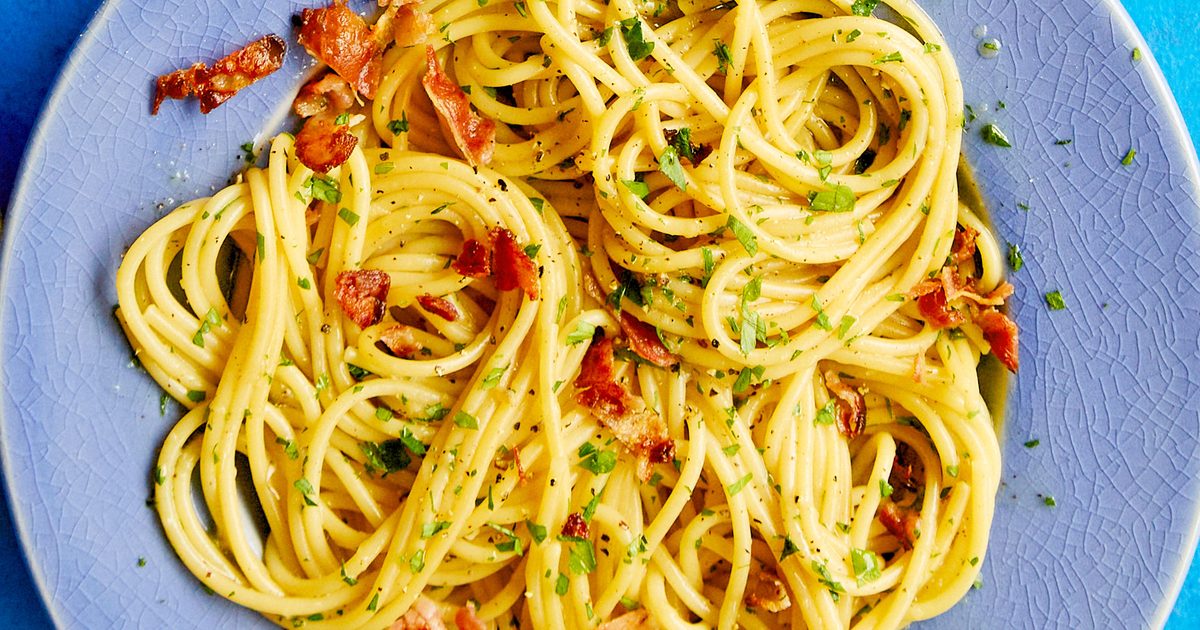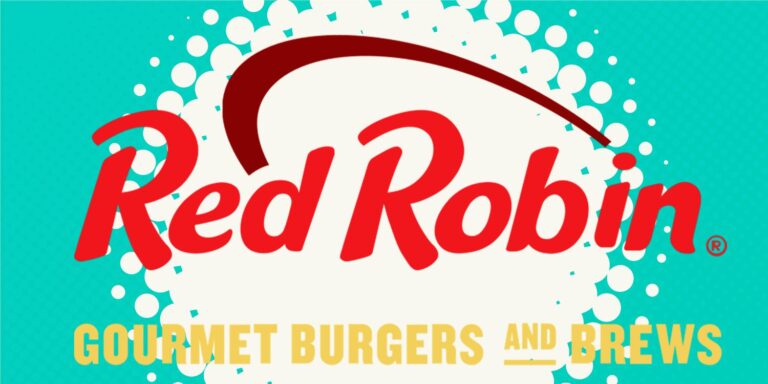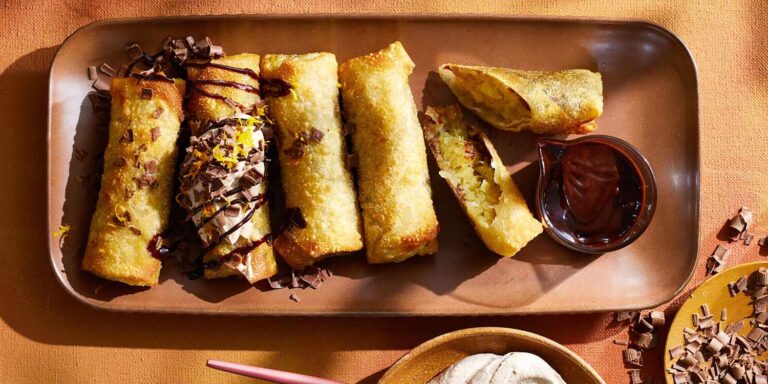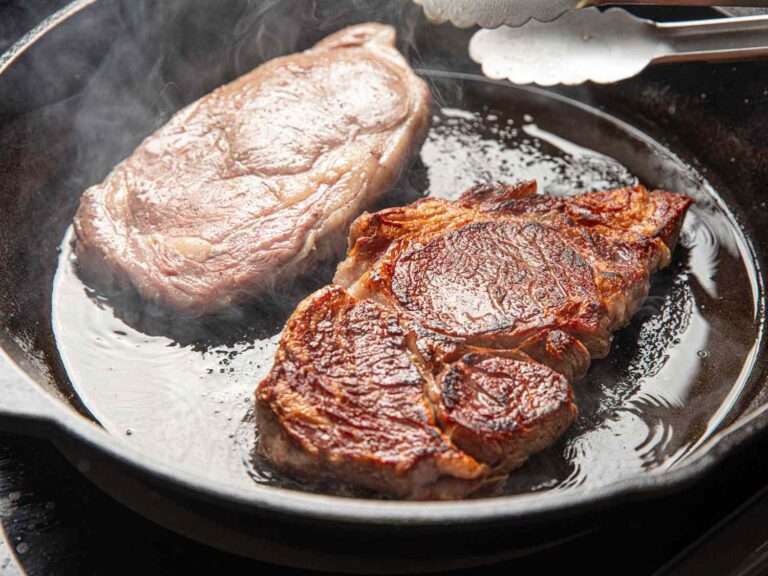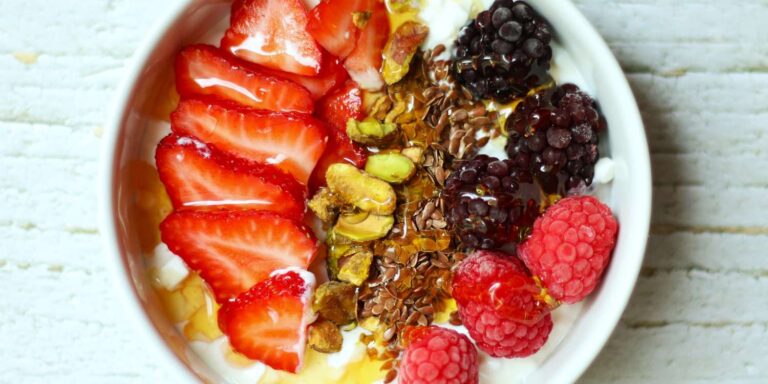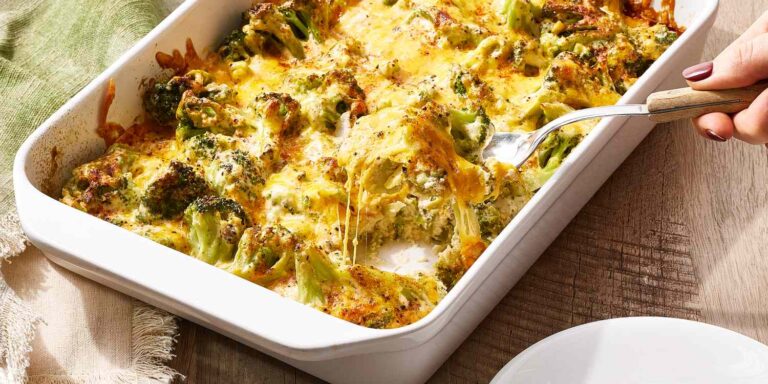Julius Fiedler’s journey into the nature of vegan flavors in the world: “… everything we eat affects nature, vegetable or not”
Discover a wealth of recipe in a plant -based basis with our inspiration Vegan recipes And Vegetarian recipesand then explore the globe through our Kitchen recipes Experience different cooking traditions.
The forgotten magic of fermentation
Fiedler’s approach is based in a deep respect for tradition, especially the transformative power of fermentation. It is fascinated by how much time, patience and microbial alchemy can increase the simplest ingredients.
“In the morning, people in Bangalore trudge around the streets in Bangalore to get an Idli with Coconut Chutney,” he said, his voice full of admiration. “It is an incredible way to start the day honestly. Like a cracker.”
For Fiedler, fermentation is not just a trend – it is a heir that many cultures have never lost. “The more advanced the culture, the faster we lose deeply rooted culinary traditions,” he says. “But in places like South India you still see a lot of traditional food that is really good for you and is done.”
Essen stories from the street
Travel is in the heart of Fiedler’s culinary philosophy. His new book “Naturally Vegan” is a passport for dishes that are randomly vegetable and are characterized by religion, poverty and bounty of the local landscapes.
“It is so exciting because they realize that I don’t have to adapt dishes to my diet,” he explains. “I can still use tradition and culture and participate.”
Some discoveries were brought out of the need – like Birmanic tofu, not from soy, but from chickpea flour. Others, such as the Turkish bean stew Kuru Fasulye, are lessons in balance and ingenuity and combine slowly cooked beans with spicy cucumbers and fluffy Pilaf. “The ingenious way of cooking is that you slowly cook it in a tomato and pepper paste broth,” he says, describing the process with the awe of someone who spent hours at the stove.
Slow food and the fight for diversity
As an ambassador for the Slow Food movement, Fiedler is passionate about preserving not only recipes, but also the biological diversity itself. He champions initiatives such as the flavor arch, which tries to save endangered varieties of fruit, vegetables and legumes.
“Every vegetable, every piece of nature that exists, is a kind of DNA capsule that has the answer to something that we could possibly meet somewhere in the future,” he explains. The humble banana, he warns, is a warning story – with thousands of varieties, but only a dominant supermarket shelf and now threatened by diseases.
Cooking with joy, not perfection
Despite all of his specialist knowledge, Fiedler’s grocery memories are disarming nostalgic. When asked about his favorite dish, he does not hesitate: the Spaghetti Aglio of his mother, Olio e Peperoncino. “It’s very simple, but it’s my mother that,” he smiles. “It was this time at home that my brother and I loved it so much that we would devour one kilo pasta in one session.”
He admits the first one who admits that creating dishes from his travels is not always uncomplicated. His attempt by Turkish Börek with carefully stretched Filo and sweet Tahini filling ended in “One Big Blob of Dough”. But for Fiedler there is the joy in trying – and sharing the process, breakdowns and everything.
Beans, pressure cookies and simple joys
When it comes to practical advice, Fiedler is an advocate of the unglamorous but essential: beans, legumes and the modest pressure cooker. “If you use a pressure cooker with a small hack, chickpeas last seven minutes,” he enthuses. “It’s incredible. So fast and they come out completely tender.”
His guilty pleasure? Salt and vinegar chips with a pint in a pub – an allusion to its adopted British home. And the ingredient of which he believes is the greatest waste of money? Jarred Beans he admits are comfortable, but far more expensive than dried.
Good food, good company
For Fiedler, good food is not just about what is on the plate. “It is emotional, it is historical, it is cultural. It’s fun eating,” he says. “Ultimately, good food is the difference between something to eat to eat, and eat something that plants the seed and one day becomes something that makes a difference.”
His advice for someone who wants to cook more sustainably? “They grow and eat more legumes. They are a power package, good for your intestine and good for the planet.”
As Fiedler’s journey shows, the best herbal food is not a compromise-a celebration that is rooted in tradition is bursting with taste and always best to share.
Discover more relevant content …
Good Food Podcast – Nutritionist Kerry Torrens on general health issues
Tips for using a pressure cooker
Good Food Podcast – Olia Hercules on Ukrainian cuisine, the healing power of cooking and its hopes for the future
Beans and impulses recipe ideas
Good Food Podcast – Niki Segnit about exporing and combination of flavors

